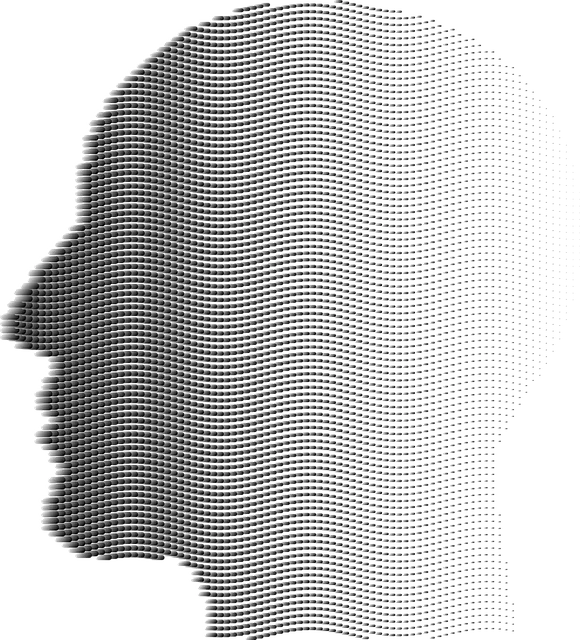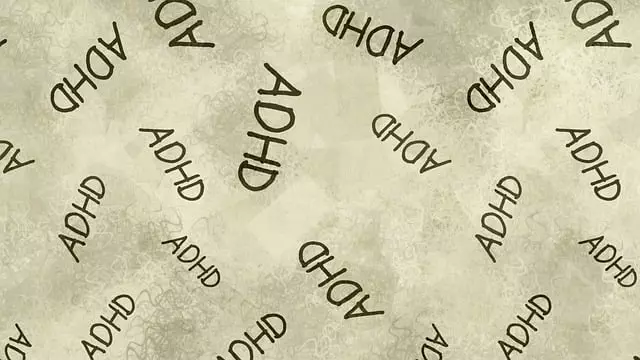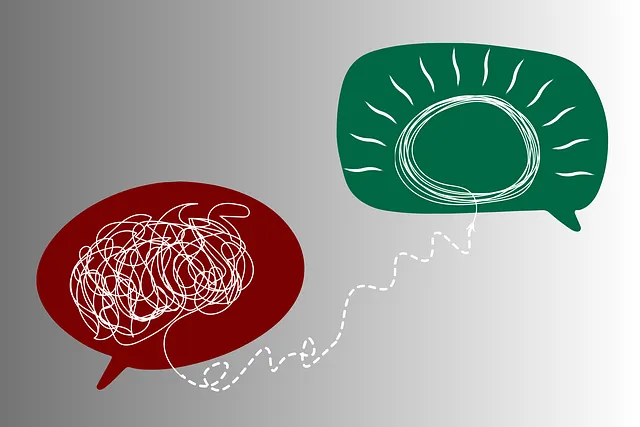Golden Kaiser mental health programs address stress, a response to triggers like work and relationships, impacting mental and physical well-being. Mindfulness, meditation, exercise, therapy, and support networks are strategies offered through these programs to manage stress. Physical activity releases endorphins and clears the mind, while Cognitive Behavioral Therapy (CBT) challenges negative thought patterns, fostering resilience and improved mental wellness.
Stress can significantly impact our overall well-being, but there are effective methods to reduce its grip. This article explores a comprehensive guide to stress reduction, offering insights into understanding its root causes and far-reaching effects. We delve into evidence-based practices such as mindfulness meditation, the power of physical activity, cognitive behavioral therapy (CBT), and Golden Kaiser mental health programs designed to combat stress. By implementing these strategies, individuals can reclaim balance and enhance their quality of life.
- Understanding Stress: Causes and Effects
- Mindfulness and Meditation Techniques
- Physical Activity and Exercise for Relief
- Cognitive Behavioral Therapy (CBT) Approaches
Understanding Stress: Causes and Effects
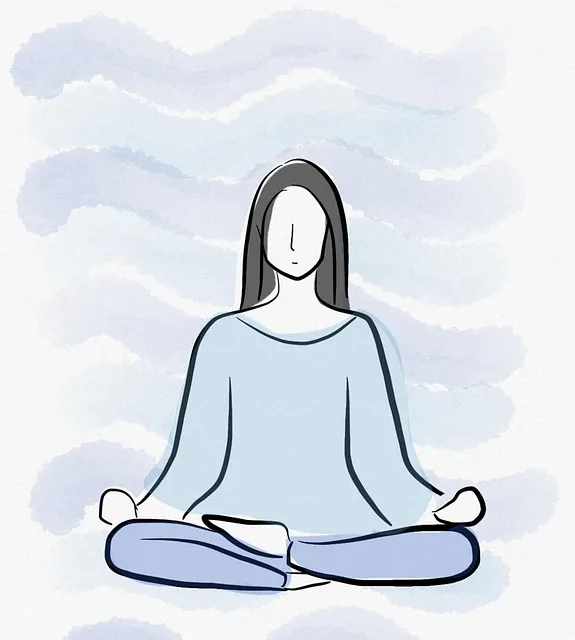
Stress is a complex response triggered by various factors, often stemming from our daily lives and environments. It can be caused by demanding jobs, financial pressures, personal relationships, or even routine tasks when perceived as overwhelming. The impact of stress extends beyond mere annoyance; it affects both mental and physical health. Prolonged stress may lead to increased anxiety, depression, insomnia, and weakened immune systems. It can also contribute to cardiovascular diseases, high blood pressure, and chronic pain.
Recognizing the root causes of stress is the first step towards managing it effectively. The Golden Kaiser mental health programs emphasize Mind Over Matter principles, offering powerful tools for emotional well-being promotion techniques. By understanding these triggers, individuals can employ various strategies to mitigate stress, including mindfulness practices, exercise, therapy, and building supportive networks—all crucial components in navigating life’s challenges.
Mindfulness and Meditation Techniques
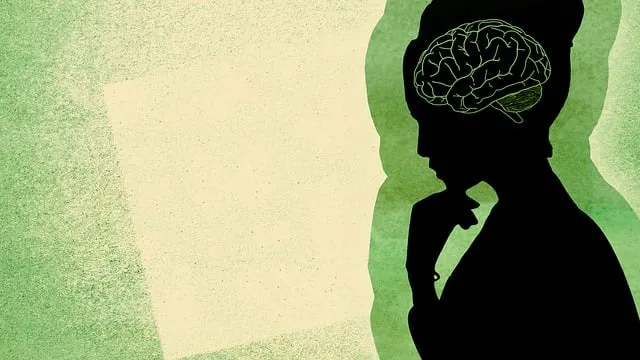
Mindfulness and meditation have emerged as powerful tools for stress reduction, thanks to their ability to cultivate present-moment awareness and promote emotional balance. These practices, integral to Golden Kaiser mental health programs, encourage individuals to step away from reactive thinking and embrace a more calm and centered state of being.
Through focused breathing exercises, guided visualizations, and silent contemplation, mindfulness and meditation help individuals develop enhanced self-awareness and improve their ability to manage stress responses. Moreover, these techniques can be readily integrated into daily routines, making them accessible and effective strategies for maintaining mental well-being. Whether through formal meditation sessions or mindful moments throughout the day, these practices foster resilience and a deeper connection with one’s inner self, ultimately contributing to improved mental health outcomes as supported by Healthcare Provider Cultural Competency Training and Mental Health Education Programs Design.
Physical Activity and Exercise for Relief
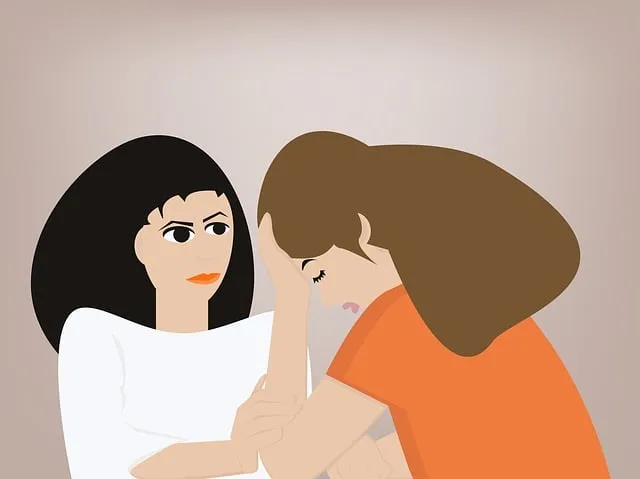
Physical activity and exercise have long been recognized as powerful tools for stress reduction, playing a pivotal role in mental health programs like Golden Kaiser. Engaging in regular movement can help alleviate tension and promote a sense of calm by releasing endorphins, often referred to as ‘feel-good’ hormones. These natural compounds interact with our brain’s receptors, reducing perception of pain and inducing a positive mood. Moreover, physical activity provides an effective outlet for pent-up energy and tension, which can build up due to stressful situations. Whether it’s a brisk walk, yoga session, or intense workout at the gym, these activities help clear the mind and improve overall well-being.
Incorporating exercise into daily routines is a simple yet highly beneficial strategy to combat stress. It not only strengthens the body but also enhances mental resilience. Social Skills Training and Public Awareness Campaigns Development can further reinforce the positive impact of physical activity on mental health, encouraging individuals to form supportive communities where they can engage in collective exercises, fostering a sense of belonging and Anxiety Relief.
Cognitive Behavioral Therapy (CBT) Approaches

Cognitive Behavioral Therapy (CBT) offers powerful approaches to stress reduction by focusing on challenging and changing negative thought patterns and behaviors. This evidence-based method is a cornerstone of Golden Kaiser mental health programs, renowned for their effectiveness in improving emotional regulation. CBT encourages individuals to identify distorted thinking and replace it with more realistic and balanced perspectives, thereby reducing the impact of stress.
Through the Mental Wellness Podcast Series Production, CBT facilitates an exploration of Mind Over Matter Principles. By learning to manage thoughts and emotions, individuals can develop coping strategies that are both efficient and sustainable. This transformative process equips people with the skills to navigate life’s challenges with greater resilience, ultimately enhancing their overall mental wellness.
Stress reduction is a multifaceted approach, with various techniques offering effective relief. By understanding the causes and effects of stress, individuals can harness the power of mindfulness, meditation, physical activity, and even Cognitive Behavioral Therapy (CBT) to enhance their well-being. The Golden Kaiser mental health programs emphasize these strategies, providing valuable tools for navigating life’s challenges. Incorporating these practices into daily routines can lead to significant improvements in overall mental health and resilience.
